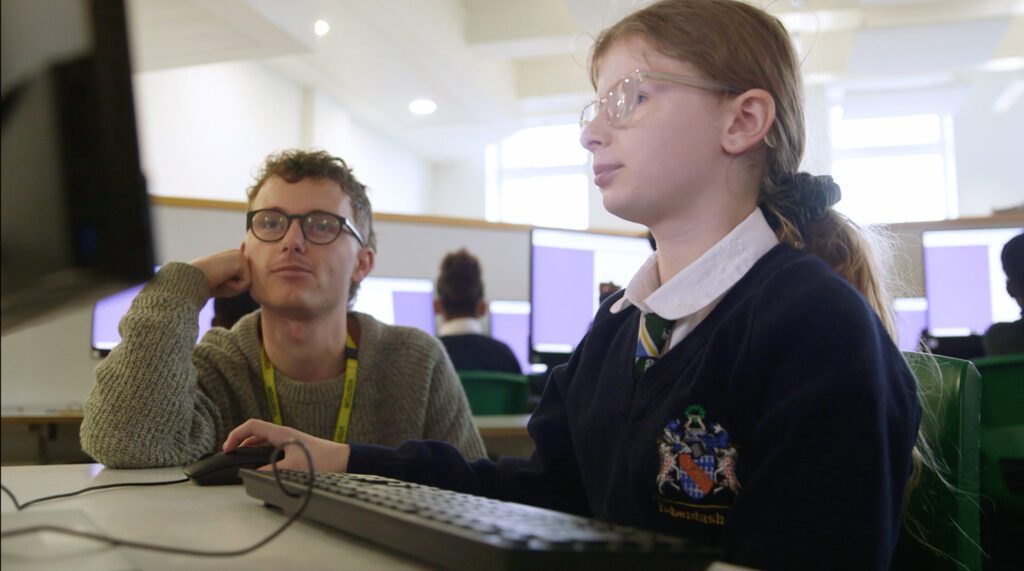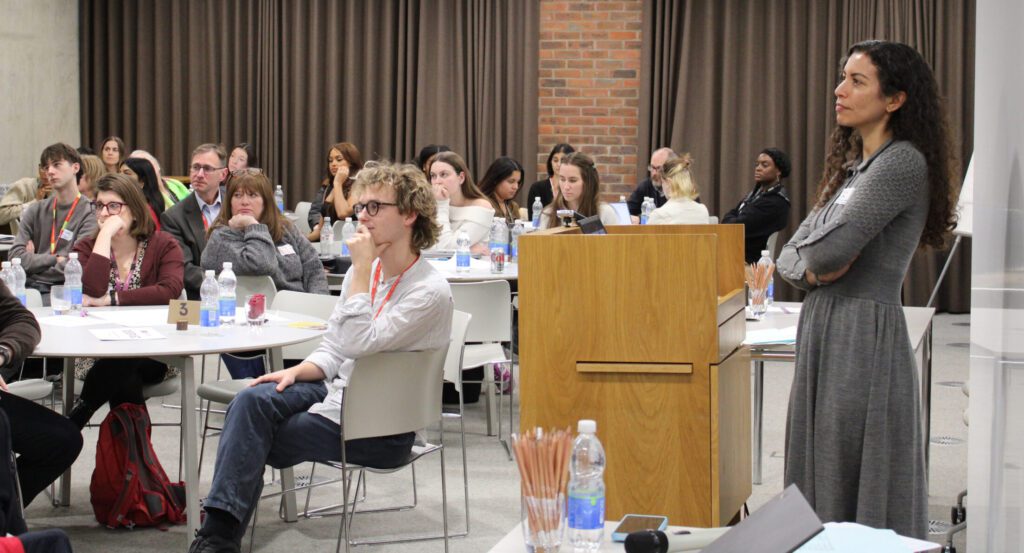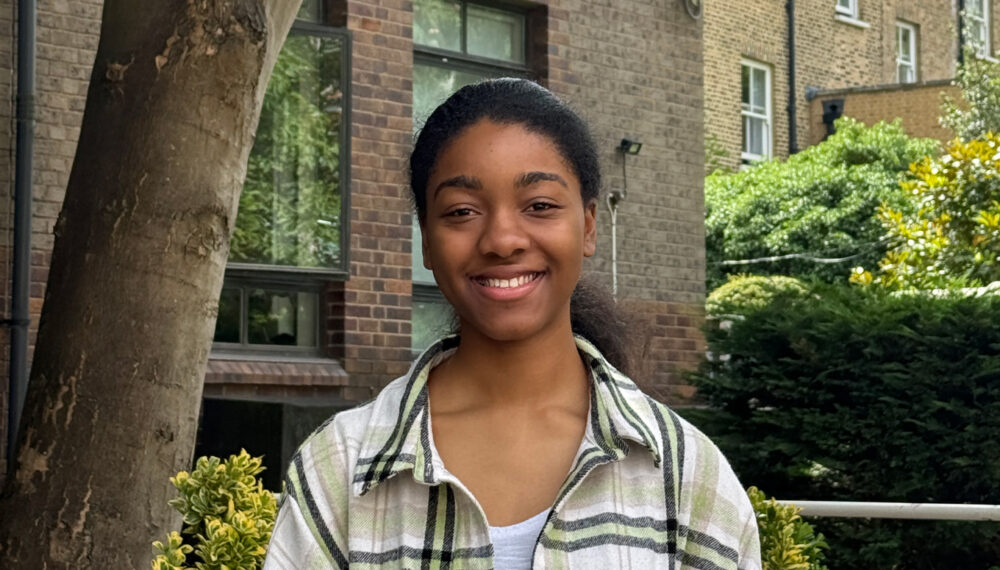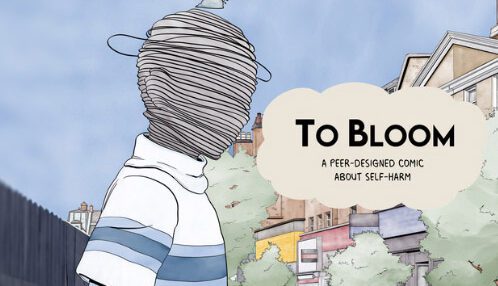Schools’ Mental Health Innovation Network
This project aims to help schools understand where the mental health needs are in their school communities and provide them with tools to address them.
Schools are important spaces for reaching diverse groups of children and young people experiencing emerging mental health challenges. Teachers and staff are often well placed to notice subtle changes in mood and behaviour, and children and young people should be able to access support in a trusted environment.
Whilst it is positive that Mental Health Support Teams (MHSTs) in schools are being expanded
across the country, not every school can access this support and these teams are often overwhelmed by the scale of the need.

What we are supporting
Using a £100,000 donation, we joined with South London and Maudsley NHS Foundation Trust to co-fund the School Resilience Project. Initially piloted in schools from the Haberdashers’ network, and now expanded to three multi-academy trusts in south London, the project aims to help schools understand where the mental health needs are in their school communities and provide them with tools to address them.
The project collects key information from pupils and their families about their mental health and wellbeing needs through MyJournE, an online survey developed at King’s College London and co-designed with young people. This survey measures indicators of mood, anxiety, wellbeing and school life, and is complemented with focus group discussions with parents, students and school staff to understand the circumstances at school, home and the community behind those needs.
A crucial element of this initiative is the team’s community engagement efforts – attending assemblies, parent evenings and career events – to ensure that parents, students and staff
are at the centre of the project. This included strategies tailored to reach diverse communities,
e.g. producing Spanish materials for schools with a predominantly Spanish-speaking community, to facilitate their participation.
Student survey responses have been over 90% in primary schools, and over 50% in secondary. Parent participation rates have averaged around 40%, with higher rates observed when the team implemented engagement strategies. Results from the survey and focus groups allow schools to identify underlying issues and set priorities for change, which would then be implemented by nominated teaching staff, external organisations or local MHSTs, depending on schools’ preference and capacity.
Staff have found the initiative helpful both at the school- and wider Trust-level, as it is a useful barometer of what they already are doing well, and what they need to improve. By working with multiple schools in a Trust, the data allows Trust leaders to compare schools, and see how student needs can vary across different school communities/demographics.
We are also supporting the development of the School Mental Health Innovation Network (SMHIN) in collaboration with the King’s Maudsley Partnership for Children and Young People, and the Economic and Social Research Council (ESRC) Centre for Society and Mental Health.
This network brings together researchers, clinicians, teachers, young people, parents and policymakers to co-develop relevant resources and interventions that will be accessible to schools. With the aim of reaching all schools in south London, this exciting initiative will ensure that children and young people have access to resources at school that are tailored to their needs and are designed specifically by and for their community.

Maudsley Charity hosted the launch of the network with an event at Ortus in December 2024 attended by over 100 researchers, clinicians, policymakers, school leaders and young people, who expressed enthusiasm, gratitude and excitement about future opportunities to learn and collaborate.
Maya on being a Schools Resilience Project student ambassador

Further reading
-

Daniel on helping other young people through creativity
Daniel was part of the team of talented young people who worked on the Creative Communities project. In the future, he’d like to use his writing and horticulture to help people with their mental health.
Read more
-

Creative Communities – Peer-designed digital comics
The Creative Communities project worked with a diverse group of young people to create a digital comic exploring their own experiences of, and perspectives on, self- harm, suicidality, and exploitation.
Read more
